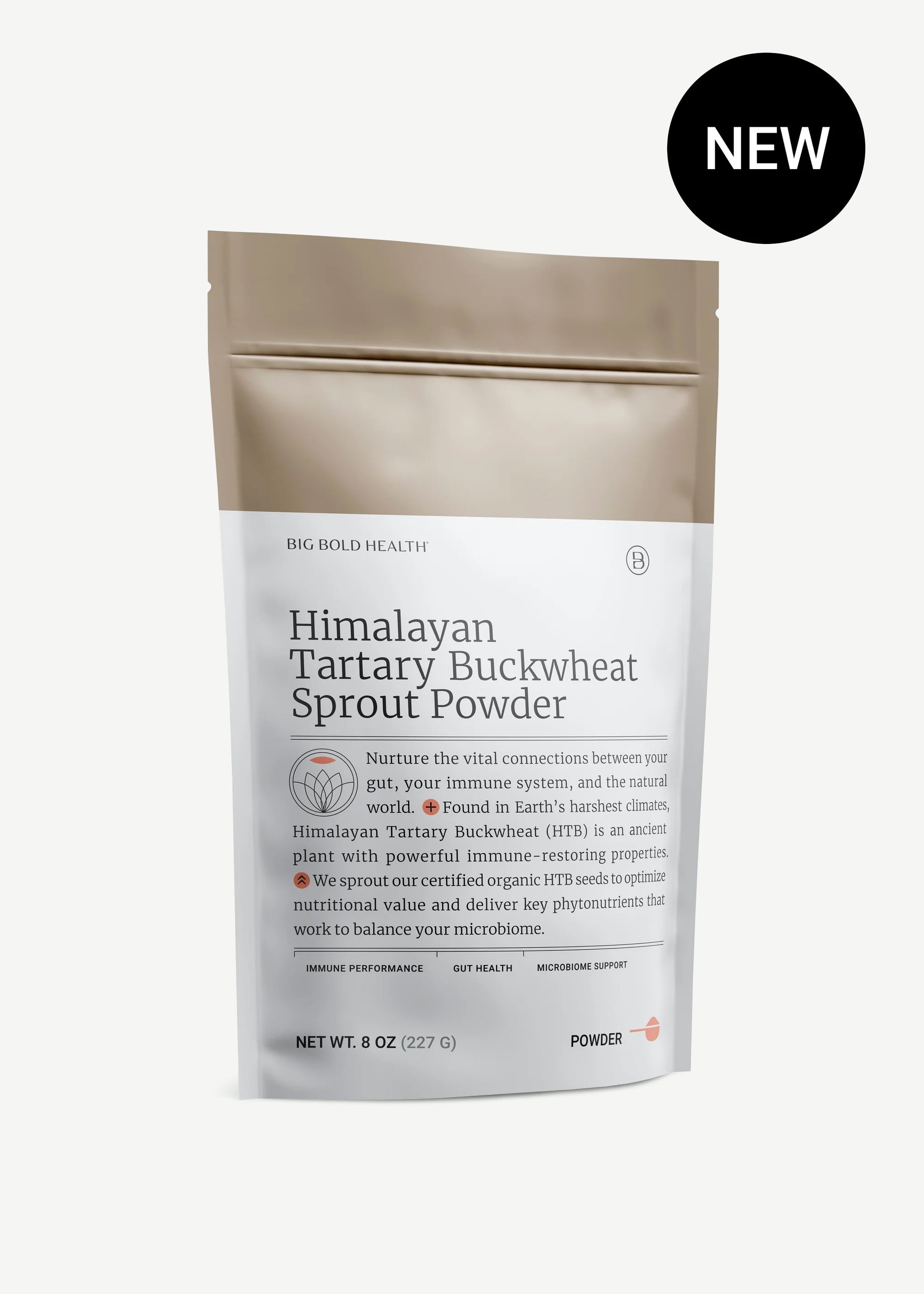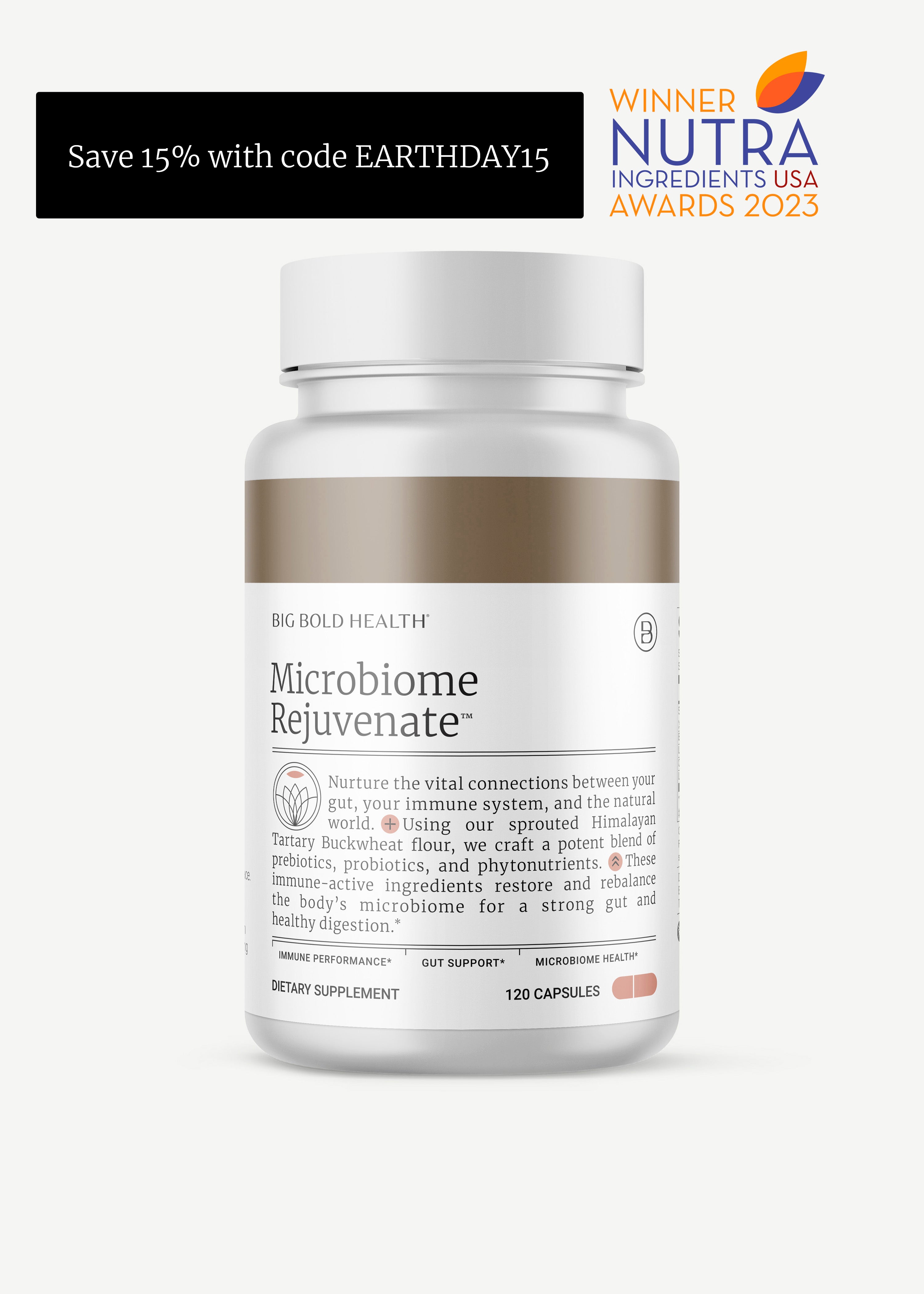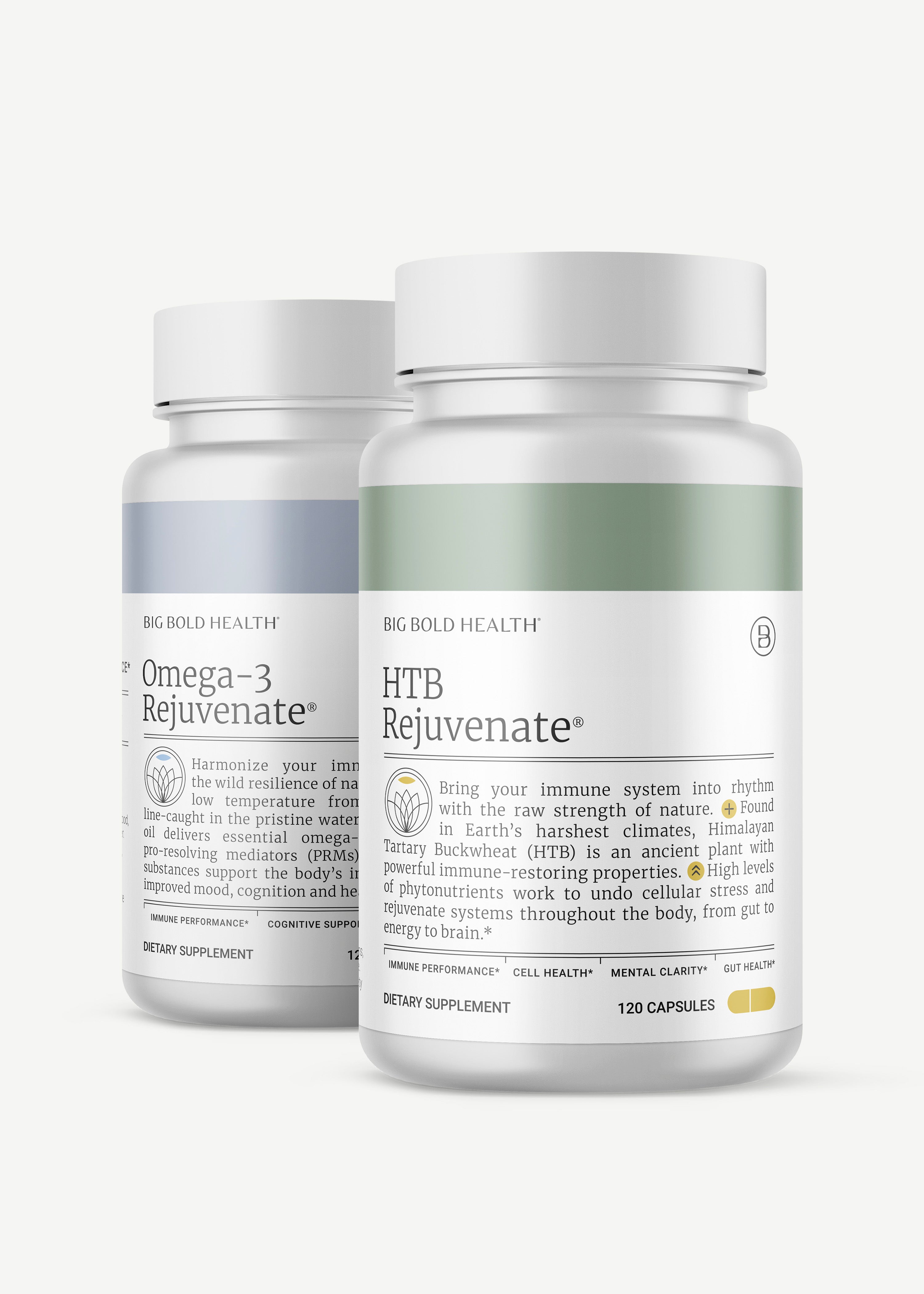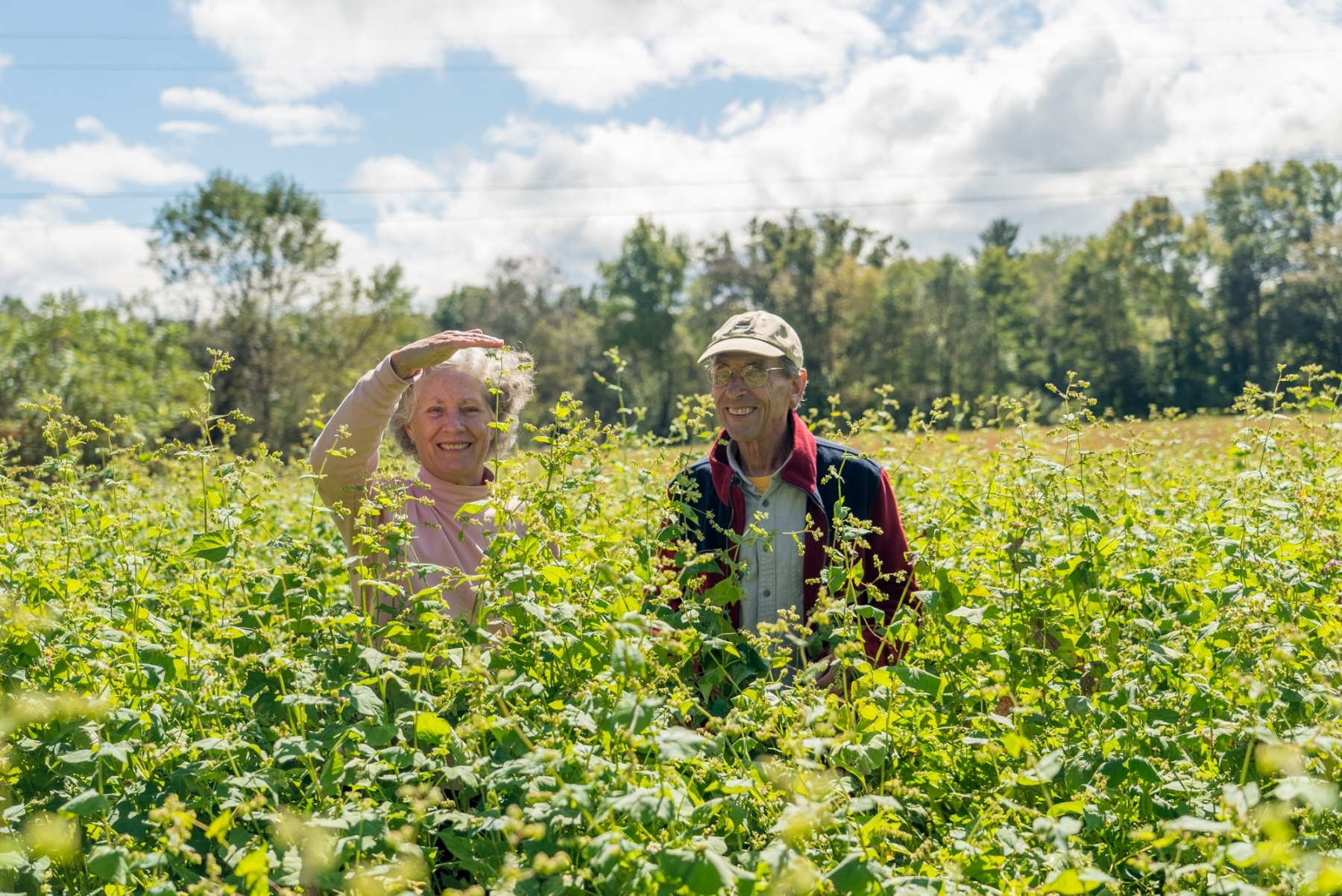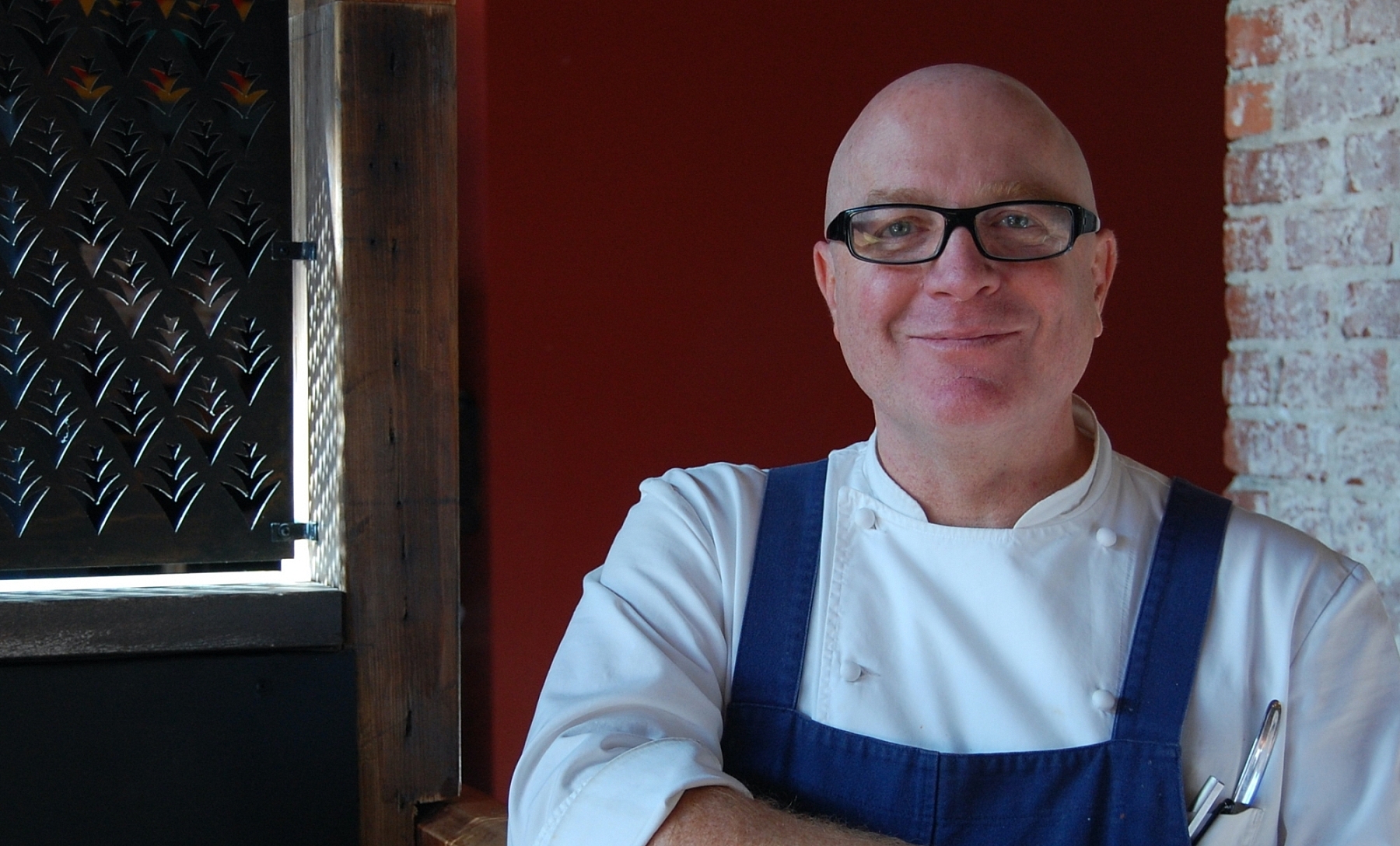Podcast
Herbalism, plant-based, and the next generation of health

It’s time to get “supernatural” with herbalism and Rachelle Robinett. Rachelle lives at the intersection of nature and medicine, and she’s a powerful ambassador for the new thinking around health in the 21st century.
This podcast is for educational purposes only. It is not a substitute for professional care by a doctor or other qualified medical professional. This podcast is provided on the understanding that it does not constitute medical or other professional advice or services.
